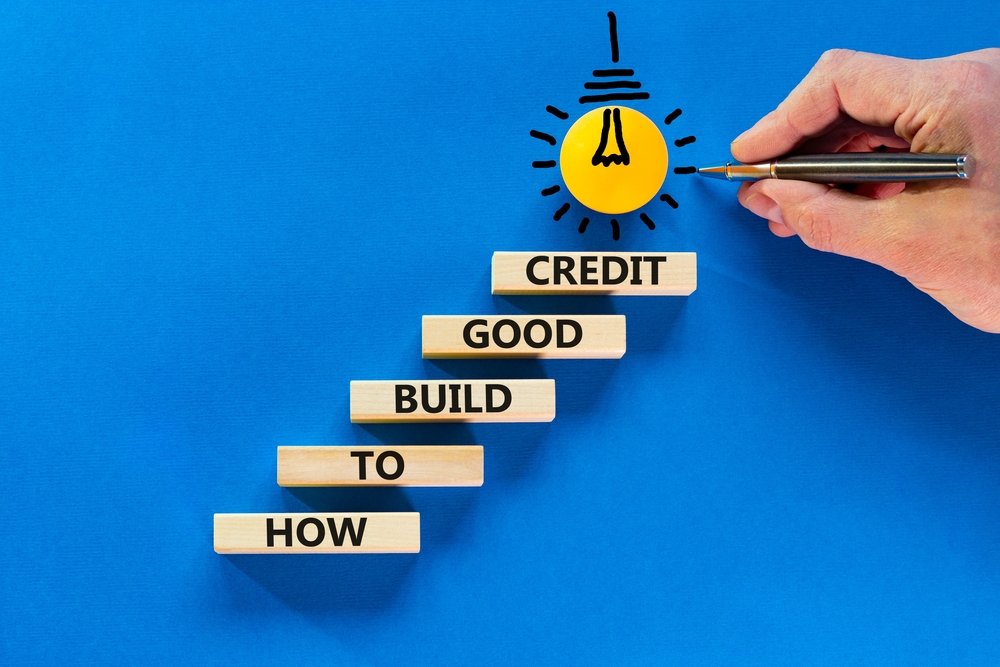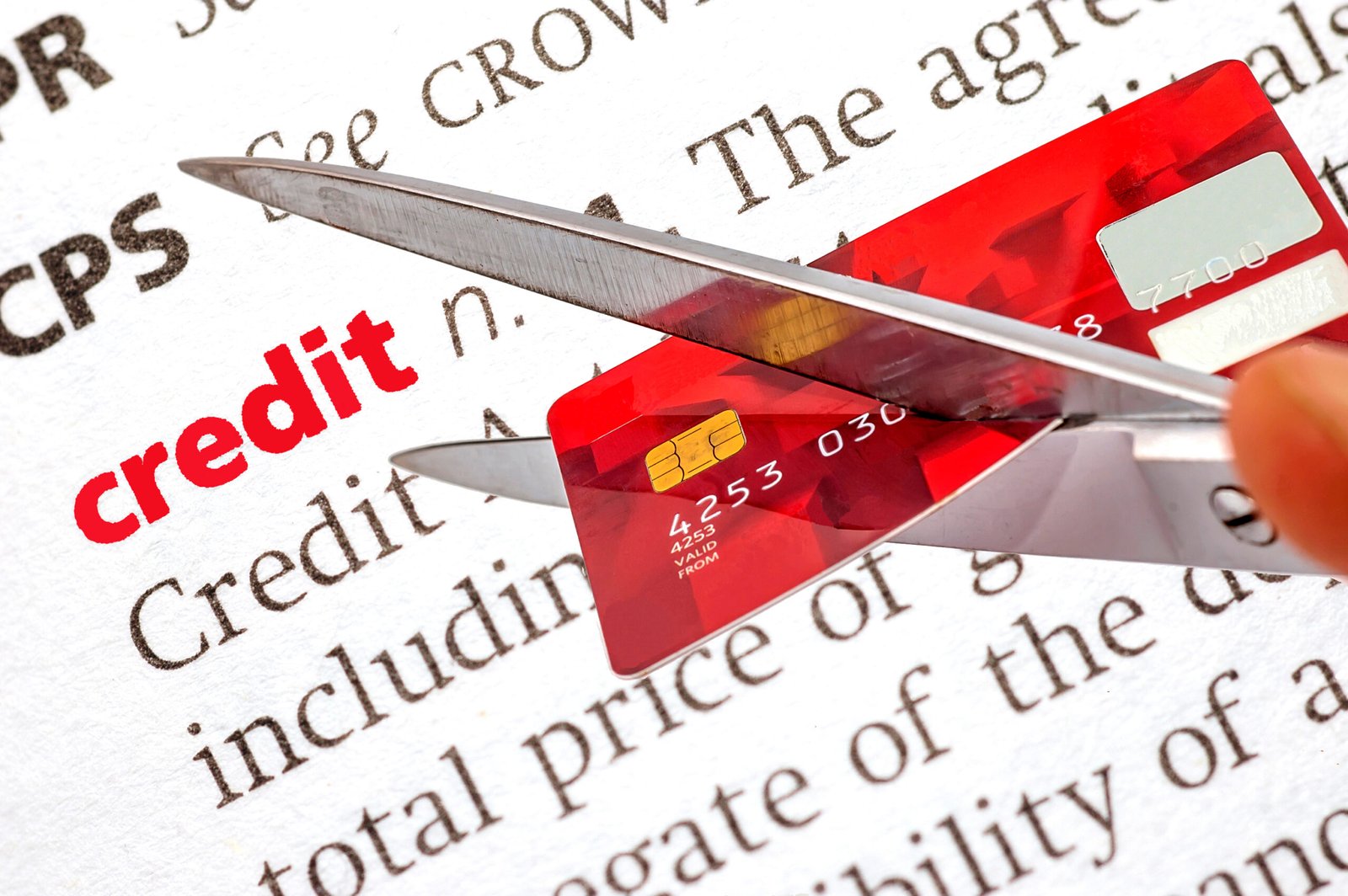Having great credit is an unspoken right of passage into adulthood – it’s essential for all grown-up purchases we will eventually make. Without good credit, you could have trouble renting an apartment, financing a car, or buying a house.
If you’re in a pinch and looking for how to fix your credit fast, or even if you just want to make sure you don’t get declined when applying for a credit card at your favorite store, follow the tips below.
These are 5 Fast and Easy Ways To Fix Your Credit:
- Strategize Your Credit Card Payments
- Pay Bills On Time, Then Report it to the Credit Bureaus
- Check Your Credit Report and Dispute Errors
- Settle Collections Accounts
- Hire a Credit Repair Company
What Exactly Is A Credit Score?
Credit scores are more than just a number – it’s a value indicating your likelihood of paying back a loan in a timely manner.
It basically tells financial institutions that you’re a reliable person they can lend money to. The higher your credit score is, the more likely they are to get their money back.
This is why low credit scores can prevent you from taking out personal or student loans, getting low-interest rates, opening credit cards, or even getting an affordable car loan or mortgage payment…it’s basically really hard to become a full-functioning adult without a high credit score (no pressure).
The Top 5 Factors that impact your credit score are:
- Payment history
- Amounts owed
- Length of credit history
- Credit mix
- New credit accounts
Some of these factors are easy to control and can quickly be impacted to raise your credit score. Others, not so much. For example, the length of your credit history can’t be rushed and takes up 15% of your FICO® score. If you’re new to credit, it can take at least 6 months to establish a credit score.
Since these are factors we can’t change quickly, we’ve made a list of what we can change in order to fix your credit fast.
How To Fix Your Credit
1. Strategize Your Credit Card Payments
When it comes to credit card payments, the strategy involves more than paying the minimum balance by the due date. Instead, make sure you’re only using 30% or less of the credit limit on any given card. This will keep your credit utilization ratio up.
You should calculate your own credit utilization ratio by adding up all of your credit card balances, dividing that number by the total credit limits on all of your credit cards, and multiplying by 100 to get a percentage.
For example, let’s say Suzie has the following financial situation:
Total Credit Card Balances: $1,000 + $500 + $250 = $1,750
Total Credit Limit: $5,000
$1,750 / $5,000 = 0.35
0.35 * 100 = 35%
This means Suzie is utilizing 35% of her total credit limit. Since this is above the 30% recommended limit of credit utilization, it would benefit Suzie to pay off her credit card debt at least until she’s below the 30% threshold to increase her credit score.
The lower your ratio is, the better your score will be!
It’s also helpful to pay your credit card bills twice a month – once two weeks before the closing date and again right before the closing date. To find out your credit card’s closing date, call your credit card company and ask them when they report your balances to the credit bureau.
How long it’ll take: As long as you’re able to pay down the debt quickly, this trick will work fairly quickly. It takes credit cards between 28 to 31 days to report a lower balance to the credit bureaus. Once that happens, your credit score should reflect the change.
2. Pay Your Bills On Time, Then Report It To The Credit Bureaus
If you have a decent credit history, a payment over 30 days late can lower your score by as much as 100 points. It’s important to pay every bill on time – every single time. Write down the due date of each bill you owe or set a reminder on your phone to make sure you never miss a payment!
If you accrue a history of paying your rent and utilities on time for at least 6 months, you can then report your all-star payment history to the three main credit bureaus: Equifax, Experian, and TransUnion.
This may sound strange, but you’re essentially letting them know that you pay bills on time, without them having to come search for the information. This helps build your history of paying on time and can improve your credit score.
How long it’ll take: Other than the time it may take to build your spotless credit history, this will instantly boost your credit as long as it has a direct impact on your specific score.
3. Check Your Credit Report And Dispute Errors
The Consumer Financial Protection Bureau suggests checking your credit reports once a year, at a minimum. However, if you’re trying to build your credit, keeping an eye on it is crucial. We recommend using a credit monitoring service to help you stay on top of your credit.
Some recommend checking as much as once a month. There’s a rumor going around that checking your credit score can negatively impact your score – it’s not true. Check away!
Keeping an eye on your credit could help you spot any errors that negatively impact your score. If you spot a mistake on your credit report, dispute the credit report error to improve your score.
How long it’ll take: Credit bureaus can take up to 30 days to investigate the error, but it might be worth it if the error is significantly dragging down your score.
4. Settle Collections Accounts
Do you have debt payments past due? If so, this could be dragging down your score. Check to see if you have any of the following debt accounts that could end up in collections if unpaid:
- Medical
- Auto
- Personal loans
- Credit cards
- Student loans
- Utility and phone bills
Whether you plan to pay those bills or negotiate with creditors, there are a few different ways to settle an account in collections.
How long it’ll take: Although this could take a few months, it can be very rewarding depending on the state of your credit score.
5. Hire A Credit Repair Company
Last but not least, hiring a credit repair company could be the solution for you if you’re not sure where to start or feel overwhelmed. If you’re looking to raise your credit score while saving time and effort, leave it to the experts to figure out what could be dragging down your credit score. The industry’s top credit repair company can help by utilizing specific creditor intervention methods tailored to your specific credit needs.
As mentioned, there is no one size fits all solution, and the experts at Lexington Law use their relationship with the three main credit bureaus along with leveraging customer protection laws to provide excellent and fast service. To learn more about them, read our review on their services.
We have also compiled a list of the Top 5 Best Credit Repair Companies so you can find the one that best fits your needs.
Frequently Asked Questions (FAQ)
How Many Points Can My Credit Score Increase By?
Credit scores aren’t created equal – there is no one size fits all formula. Since every person’s financial history is different, the number of points your credit will increase by doing different tactics will also vary.
As a general rule of thumb, scores in the 500-600 range can increase steadily by making subtle adjustments and just maintaining your accounts such as making payments on time.
However, for an account with a credit score above 760, it will be increasingly hard to raise your credit score. The good news? According to FICO®, a score of 760 to 780 is high enough to qualify for lower interest rates and better product offers.
What Is A Good Credit Score?
To know if you’ve achieved a great credit score, it’s important to understand what the financial bureaus consider a healthy credit score. According to Equifax, credit scores are rated using the following structure:
Fair: 580-669
Good: 670-739
Very Good: 740-799
Excellent: 800+
What’s Next?
On a very basic level, raising your credit score quickly can be achieved by spotting the eye sores on your credit. Removing anything from your credit score that may tell the credit bureau that you aren’t trustworthy with borrowing money is truly the key to maintaining a healthy credit score of 750 or above. Learn more about credit repair.

About Monica Bulnes
Monica Bulnes is a business writer based out of San Diego, California. Monica received her business education from the top #7 best business school in the country, Rutgers University. She has worked in numerous marketing departments, including major multinational conglomerate, Panasonic. Her passion for personal finance and financial literacy is an extension of her passion for health and wellness. Monica truly believes that financial health is just as important as physical and mental health, considering the important role money plays in each and every person’s life. In her free time, you’ll find Monica inspiring the world through Instagram, writing in her journal, or sketching palm trees at the beach. To learn more about Monica and her writing, find her at www.writingbymonica.com.









